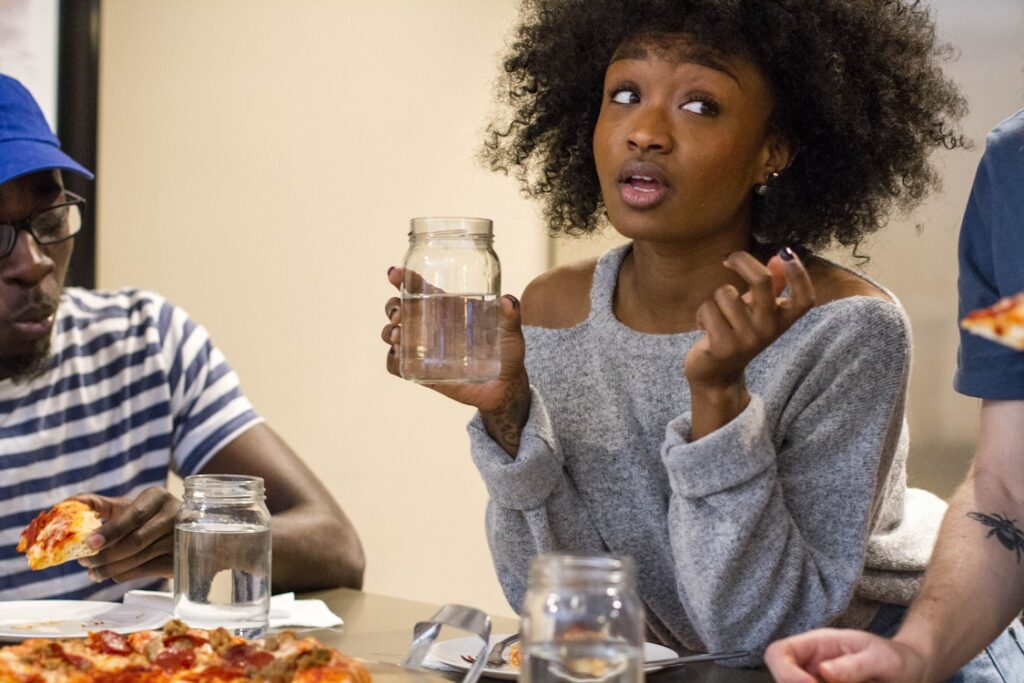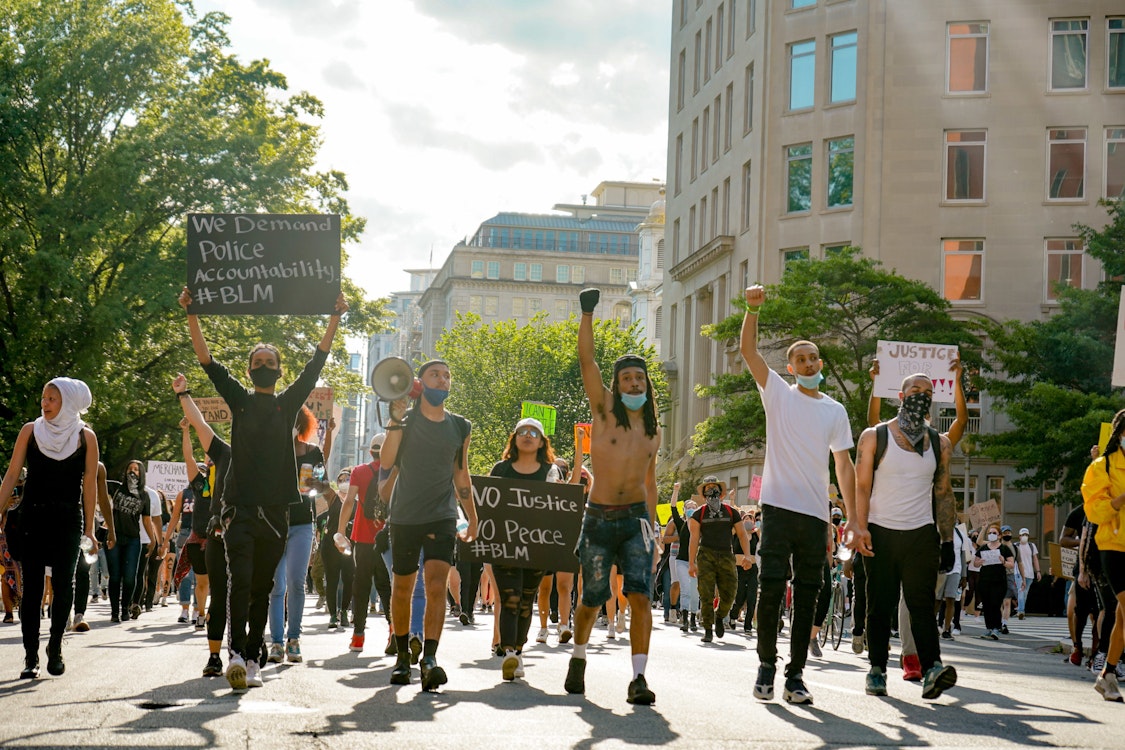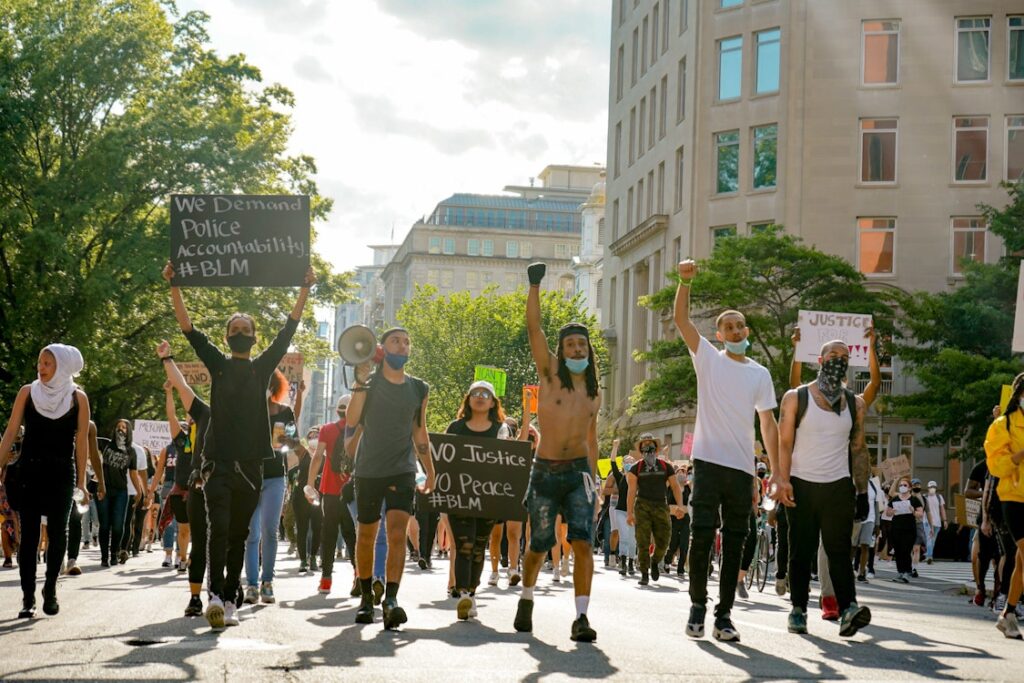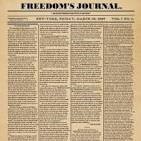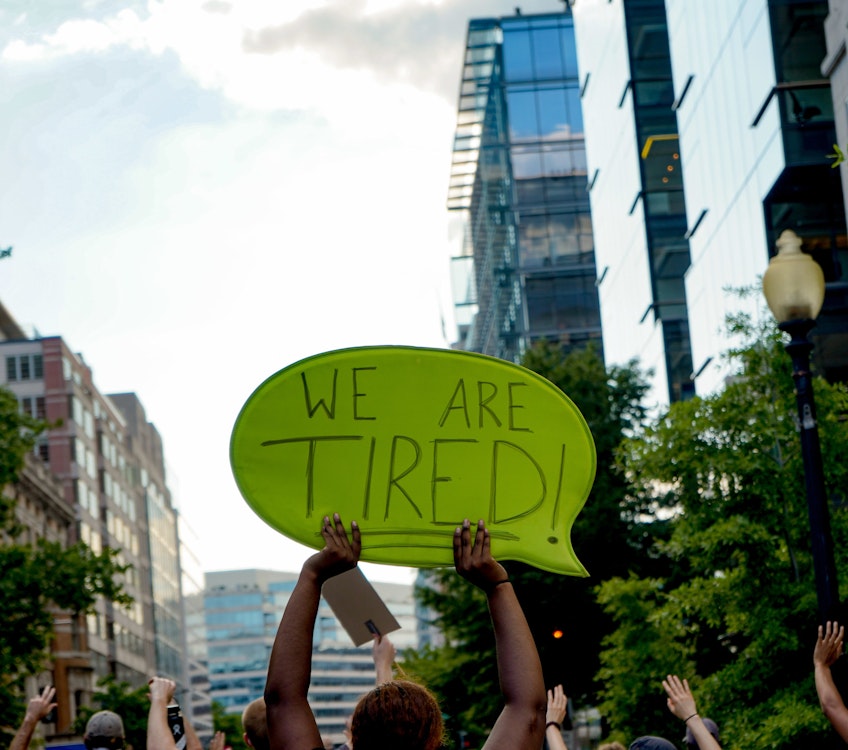“To every Black girl out there who ever had to write her way out, through, or against—this bouquet is for y’all too.”
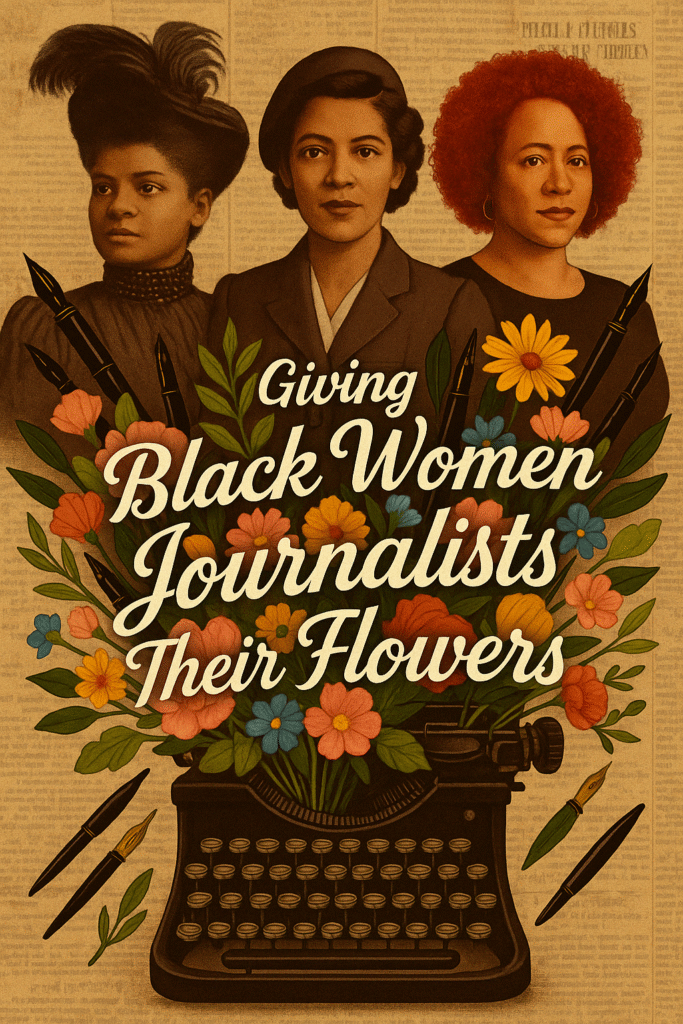
Every time America sneezes, Black women grab a pen, document the mucus, trace its origins, warn the people, and somehow still get left out of the Pulitzer group photo. This post is me—us—handing out a fresh-ass bouquet to three trailblazers who journaled, investigated, and exposed receipts like the Black aunties of truth they are. We honor the architects of freedom AND the front-liners of the facts.
Ida B. Wells — The Blueprint of Receipts
Let’s get this straight: Ida didn’t just walk so others could run. She ran with a pen, dodging white mobs, writing the real history of lynching, and founding Black newspapers and organizations like she had no time for anybody’s 19th-century nonsense. She was banned, threatened, and still didn’t stop. You think cancel culture is real? Try living in 1892 Mississippi as a truth-telling Black woman.
Sis wasn’t just brave—she was strategic. She kept the facts clean and the pen dirty.
We see you, Ida. And we ain’t just giving you flowers. We giving you a whole damn garden with editorial rights.
Marvel Cooke — The Quiet Storm with a Loud Pen
Now Marvel? That name alone says superhero. She was a boss in the 1940s—going undercover and writing about Black women being exploited in domestic work. She literally infiltrated the system to write exposés like “The Bronx Slave Market.” And she did it while wearing a skirt suit, pearls, and probably pressed curls.
She was the first Black woman to work at a mainstream white-owned paper—The Daily Compass—and didn’t waste her access. She peeled back the curtains on capitalism, racism, AND misogyny like it was her divine assignment.
We don’t talk about her enough. But her name gon’ ring out here.
Nikole Hannah-Jones — The Flame Keeper with Red Hair and Receipts
Present day prophet. Keeper of truth. Architect of the 1619 Project. Nikole pulled up and made folks mad by telling the truth with footnotes. She said: “Slavery is not a footnote. It’s the preface.” Whew!
They tried to fumble her tenure and silence her ink, but nah. She had time. And she had range. That red afro is not a game—it’s a warning light and a lighthouse at the same damn time.
Nikole writes like she knows her ancestors are watching. And we, the descendants, are reading every word.
These women didn’t just document injustice. They disrupted it. They gave the blueprint for investigative reporting with cultural commentary, urgency, and flair.
To every Black girl out there who ever had to write her way out, through, or against—this bouquet is for y’all too.
Eighteen65
Preserving the past, printing the truth, and powered by vibranium + press-on nails.
Dear Ida,
Sis, you walked so we could document everything with hyperlinks and screenshots. They called you angry, you called it journalism. In an era where typewriters were poppin’ and lynching was law, you dared to write truth down and publish it.
You weren’t just writing—you were snatching wigs and lifting the veil on white terrorism with a pen so sharp, it could cut through Reconstruction lies. You co-founded the NAACP and still somehow weren’t given your flowers until decades later. Even now, folks quote your work without quoting you.
So here it is: your bouquet, dipped in ink, pressed with truth, and wrapped in the pages of your unapologetic legacy.
With mad respect and a side-eye for the erasure,
Eighteen65
Dear Marvel,
They may not know your name, but you were out here doing undercover journalism in the 1940s when most Black women couldn’t even get hired at white-owned papers.
You infiltrated domestic service jobs to expose the exploitation of Black women in New York. Your piece, “The Bronx Slave Market”, was groundbreaking—and you did it in heels and with a typewriter.
You were the first Black woman to work for a mainstream white-owned newspaper, and you wasn’t just typing press releases—you were challenging capitalism, racism, and sexism all at once. That’s on multitasking before Google Docs existed.
You deserves your own Netflix series. But until then,
Here’s your bouquet, Marvel.
Wildflowers for your wild courage.
Dear Nikole,
Modern-day griot. Certified disruptor. you pulled up with the 1619 Project and reminded America of its actual birthday—and baby, they were pressed.
When folks said “don’t make everything about race,” you said, “But it is, beloved.” You took centuries of erasure and built an entire curriculum around it. Not just writing for clicks, you were writing for legacy. And for us.
You been denied tenure, dragged through political mud, and still got degrees and Pulitzers lined up like “Try me again.”
Nikole, sis, this bouquet is digital and deep. It smells like truth, power, and a little bit of righteous smoke.
